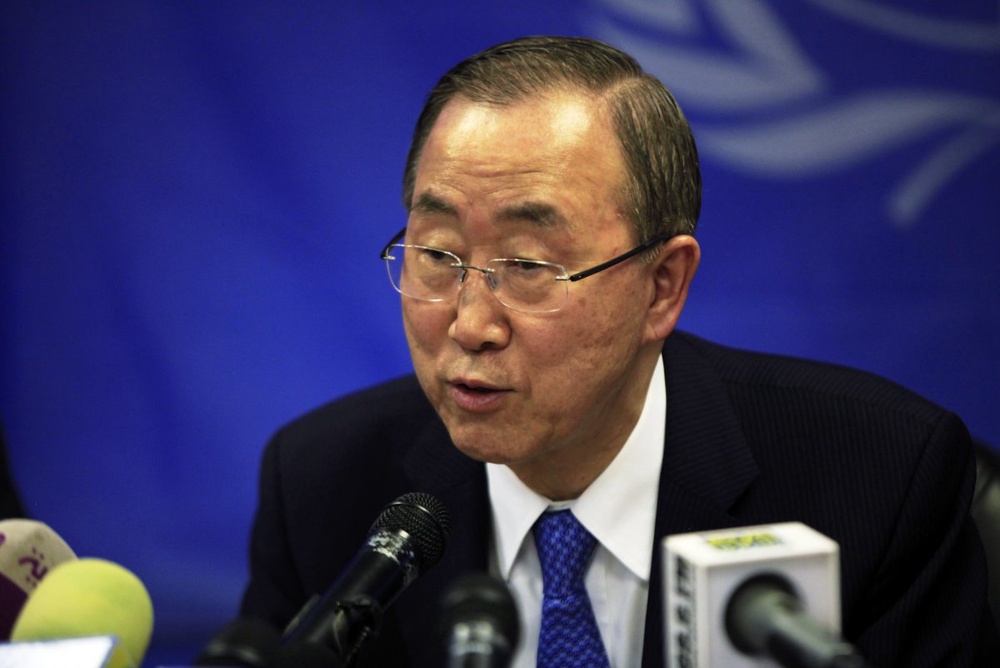
UN investigators say talk of genocide or ethnic cleaning in the Central African Republic is premature, but that evidence of war crimes and crimes against humanity exists on both sides, AFP reports.





UN investigators say talk of genocide or ethnic cleaning in the Central African Republic is premature, but that evidence of war crimes and crimes against humanity exists on both sides, AFP reports.
An international commission of inquiry appointed by UN chief Ban Ki-moon in January has submitted an interim report to Security Council members, a copy of which was seen by AFP on Thursday.
"Ample evidence exists to prove that individuals from both sides of the conflict perpetuated serious breaches of international humanitarian law and crimes against humanity as well as war crimes," it says.
"But talk of an international armed conflict, genocide or ethnic cleansing "at this point in time is premature" the report said, warning that without stronger international intervention that could change.
"If the international community does not react with speed and determination by sending more peace keeping forces to CAR, we may soon face a situation which will rapidly deteriorate and bring about genocide and ethnic cleansing," it said.
In February, rights group Amnesty International described the conflict as one of ethnic cleansing and criticized the international community's "tepid response" to the crisis.
The Security Council voted in April to send 12,000 UN peacekeepers to the war-torn nation, where violence between Christians and Muslims has triggered fears of genocide.
The UN mission is scheduled to take over in September from 2,000 French and 6,000 African Union soldiers.
A coup in March last year by the Muslim Seleka rebels plunged the country into chaos and a quarter of the 4.6 million population have been displaced by the violence in over a year.
After seizing power, some of the rebels went rogue and embarked on a campaign of killing, raping and looting.
The abuses prompted members of the Christian majority to form vigilante groups called "anti-balaka," or anti-machete in the local language, unleashing a wave of brutal tit-for-tat killings.
The preliminary UN report described the conflict as political.
"The fact that there is an anti-Muslim propaganda from certain non-Muslim quarters does not mean that genocide is being planned or that there is any conspiracy to commit genocide or even a specific intent to commit genocide," it said.
"The displacement of Muslims affected by whatever party so far is a matter of protection and the preservation of human life not a matter of ethnic cleansing," it added.


 +7 (777) 001 44 99
+7 (777) 001 44 99















































